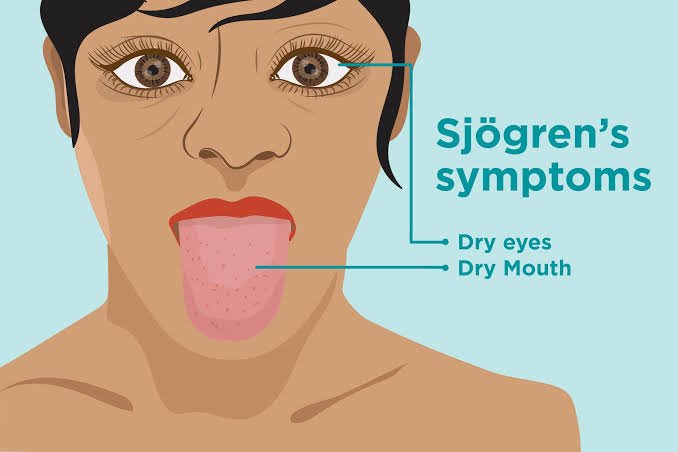Getting enough sleep is essential for maintaining good health and well-being. In today’s fast-paced world, it can be tempting to sacrifice sleep in favor of work, socializing, or other activities. However, neglecting our sleep can have detrimental effects on our physical and mental health. In this article, we will explore the importance of getting proper sleep and how it can significantly improve our overall well-being.
The Role of Sleep in Our Health
Sleep plays a crucial role in various aspects of our health. It is during sleep that our bodies repair and rejuvenate themselves. Here are some key benefits of getting enough quality sleep:
- Boosts Immune System: Adequate sleep strengthens our immune system, making us more resistant to infections and diseases.
- Enhances Mental Health: Sleep is vital for maintaining optimal brain function, improving concentration, memory, and overall cognitive performance. It also helps regulate our emotions and reduces the risk of mental health disorders.
- Supports Physical Health: Quality sleep is linked to a lower risk of chronic conditions such as heart disease, diabetes, and obesity. It also promotes healthy weight management and reduces inflammation in the body.
- Improves Mood and Emotional Well-being: Lack of sleep can lead to irritability, mood swings, and increased stress levels. On the other hand, proper sleep can improve our mood, increase resilience, and enhance overall emotional well-being.
- Boosts Productivity and Performance: A well-rested mind and body are more alert, focused, and productive. Getting enough sleep improves our performance in various areas of life, including work, sports, and academics.
- Exercise daily :
Tips for Getting Quality Sleep
Now that we understand the importance of sleep, let’s explore some tips for ensuring we get the quality sleep our bodies need:
- Stick to a Schedule: Establish a consistent sleep schedule by going to bed and waking up at the same time every day, even on weekends. This helps regulate your body’s internal clock and promotes better sleep.
- Create a Sleep-Friendly Environment: Make your bedroom a comfortable and relaxing space. Keep the room cool, dark, and quiet. Consider using blackout curtains, earplugs, or a white noise machine to block out any disturbances.
- Avoid Stimulants: Limit your consumption of caffeine, nicotine, and alcohol, especially close to bedtime. These substances can interfere with your sleep patterns and make it harder to fall asleep or stay asleep.
- Establish a Bedtime Routine: Develop a relaxing routine before bed to signal to your body that it’s time to wind down. This could include activities such as reading a book, taking a warm bath, or practicing relaxation techniques like deep breathing or meditation.
- Avoid Electronic Devices: The blue light emitted by electronic devices like smartphones, tablets, and computers can disrupt your sleep. Try to limit your exposure to these devices at least an hour before bedtime.
- Exercise Regularly: Engaging in regular physical activity can promote better sleep. However, try to avoid exercising too close to bedtime, as it may energize you and make it harder to fall asleep.
- Manage Stress: High levels of stress can interfere with sleep. Find healthy ways to manage stress, such as practicing relaxation techniques, engaging in hobbies, or seeking support from loved ones or professionals.
Conclusion
Proper sleep is a vital component of a healthy lifestyle. By prioritizing our sleep and implementing good sleep habits, we can significantly improve our overall health and well-being. Remember, quality sleep is not a luxury but a necessity for leading a fulfilling and productive life. So, let’s make a conscious effort to get the sleep our bodies and minds deserve.
Reference
https://www.cdc.gov/sleep/about_sleep/sleep_hygiene.html
https://www.health.harvard.edu/newsletter_article/8-secrets-to-a-good-nights-sleep




